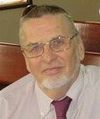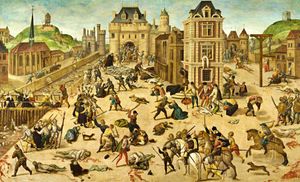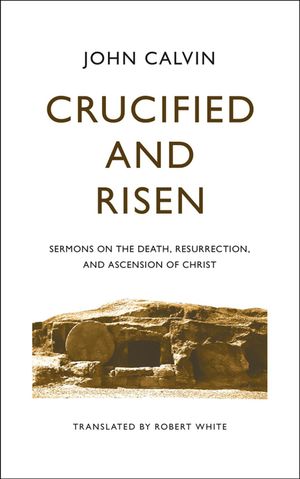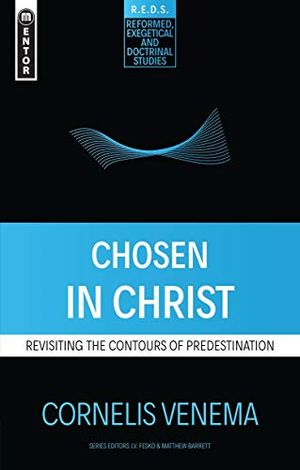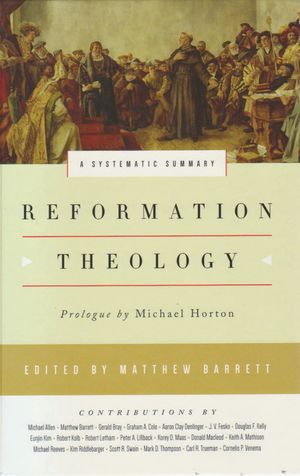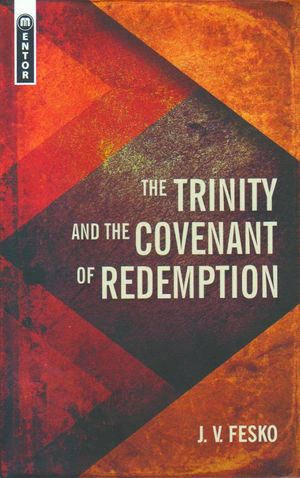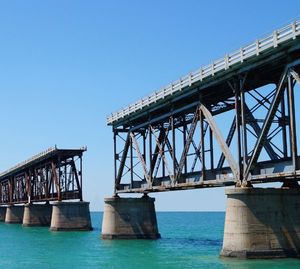
Owing to the separation of church and state in France, there are no departments of theology in French universities, apart from the University of Strasbourg. This is a blessing, as it means that all the churches have had to maintain their own educational structures outside the state educational system. Yet it can be a disadvantage as far as wider academic recognition is concerned.
In France today there are three Protestant faculties of theology. Firstly, the seminary of the Reformed Church of France, formed when faculties at Paris and Montpellier joined together in the 1970s as the Protestant Institute of Theology.
This institution is modernistic and pluralistic in theology and reflects the general character of the ‘Reformed churches’ in France. No truly evangelical or reformed thinker would be acceptable to them.
Secondly, the Evangelical Faculty at Vaux-sur-Seine was founded in the 1960s to serve Evangelical and free churches. Thirdly, there is the Faculty of Reformed Theology at Aix-en-Provence, which has a confessional basis (French Confession of Faith), although its student body is inter-denominational. It was established in 1974 to combat the theological liberalism rampant in the Reformed churches. However, its influence on those churches has so far been slight.
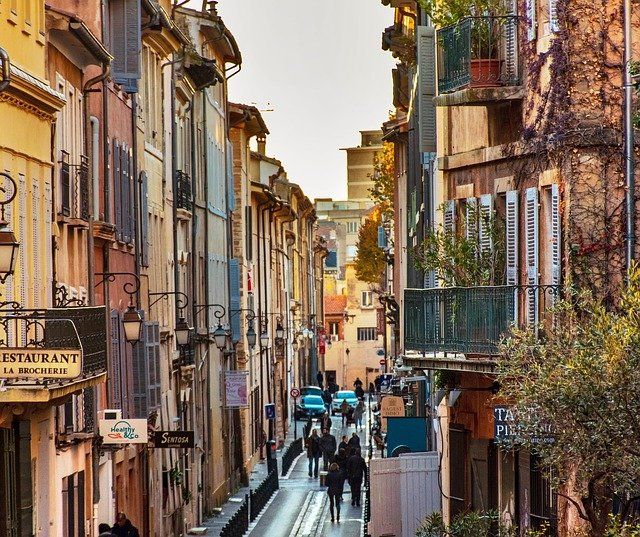
As well as these seminaries, there are several Evangelical Bible institutes in French-speaking Europe, the main ones being located at Lamorlaye (European Bible Institute), Nogent-sur-Marne, and at Vevey in Switzerland (Emmaus). At present, negotiations are under way to unite Vaux and Nogent in an Evangelical Institute of Theology at a new location somewhere in the Paris area.
Falling attendance
In recent years Evangelical seminaries and Bible institutes have suffered both a drop in their student numbers and financial difficulties. There are various reasons for this. Many churches entertain a low view of pastoral ministry. Theological training is no longer a priority in Evangelical circles. Students from charismatic backgrounds opt for ‘training’ in their own fast track ‘schools of disciples’.
Fewer young people are receiving a call to the ministry, perhaps due to fewer conversions and a decline of interest in Christian doctrine in the French university Christian Unions (which are often dominated by Pentecostal thinking). It is no exaggeration to say that the fragility of theological education in France is closely related to the weaknesses of the Protestant churches as a whole.
The situation has become even more complex in recent years. Government controls have increased over all religious organisations, which have come under increasing scrutiny in a reaction against extreme cultic groups.
Signs of hope
The future might appear bleak. However, the fact is that during the last half of the twentieth century Bible seminaries managed to swim against the tide. Indeed, two new seminaries were founded. The influence of these institutions has been important for Evangelical churches, not only in France, but in francophone Africa. These are all signs of hope.
One area of particular encouragement is in the publishing of reformed Christian literature. In spite of much dross (often American!), more solid theological books are available today in French than ever before. The seminary at Vaux is publishing a series of Bible commentaries, and teachers from Vaux and Aix are editing theological titles for students and ministers.
The seminary at Aix edits a theological journal, La Revue réformée, founded in 1950 by Pierre Marcel of the Calvinist Society in France. Kerygma Editions, of Aix, have republished Calvin’s commentaries, as well as such doctrinal standards as the Westminster Confession of Faith and the Shorter Catechism. Europresse, the French arm of Evangelical Press, is active in publishing Reformed literature, both for France and West Africa.
France is not an easy mission field, a fact apparent to those who have seen French church life at firsthand. Many, including foreign missionaries, minister faithfully for years to establish and build up struggling congregations. The way forward is to keep sowing the seed. This, with the Lord’s blessing, will eventually grow to a harvest. But, should there be no extraordinary work of the Holy Spirit, it is going to be a very long job!


